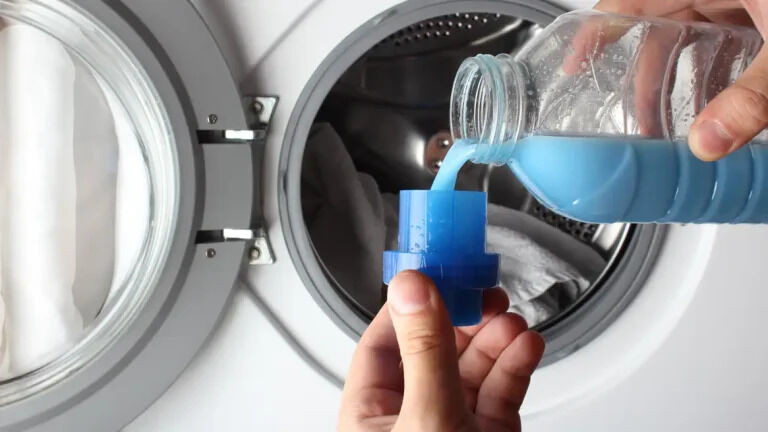ADVERTISEMENT
Laundry care is a fundamental aspect of household chores, with fabric softeners often playing a starring role in achieving soft, fragrant clothes. However, as awareness grows regarding the environmental and health impacts of conventional cleaning products, it’s crucial to reevaluate our reliance on these staples. In this comprehensive guide, we’ll delve into the truth about fabric softeners, examining their effects on clothes and health, while also exploring a myriad of sustainable alternatives. By debunking myths and embracing innovative solutions, we can transform our laundry routines into eco-conscious practices that prioritize both cleanliness and well-being.
Unveiling the True Effects of Fabric Softeners:
Fabric softeners, whether in liquid or sheet form, have long been touted for their ability to impart a luxurious softness and delightful fragrance to freshly laundered clothes. However, the reality behind these claims is far more nuanced. Contrary to popular belief, fabric softeners do not genuinely soften fabrics. Instead, they leave behind a thin, waxy residue on the surface of garments, creating the illusion of softness while compromising their absorbency and breathability.
Moreover, the ingredients found in conventional fabric softeners can pose significant risks to both human health and the environment. Chemical compounds such as quaternary ammonium compounds, fragrances, preservatives, and phthalates have been linked to respiratory issues, skin irritation, and disruptions to the endocrine system. Additionally, the buildup of these chemicals on fabrics over time can diminish their original texture and warmth, particularly affecting delicate materials like wool.
Reasons to Rethink Fabric Softeners:
Beyond their deceptive softening effects and potential health hazards, fabric softeners present a host of other concerns. The waxy residue they leave behind not only reduces fabric absorbency but also compromises flame resistance—a critical safety consideration, especially for children’s clothing. Furthermore, the accumulation of chemical residues can impede the effectiveness of detergents, making it harder to remove stains and odors from clothes while leaving behind unsightly tinting.
Exploring Sustainable Alternatives:
Fortunately, there exists a wide array of sustainable alternatives to traditional fabric softeners that prioritize both garment care and environmental responsibility. One such option is homemade fabric softener using natural ingredients like distilled white vinegar or baking soda. These DIY solutions effectively neutralize alkaline residues from detergents while enhancing color vibrancy and softness without harmful chemicals.
Continued on next page
ADVERTISEMENT
